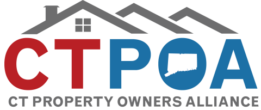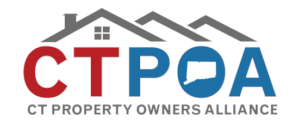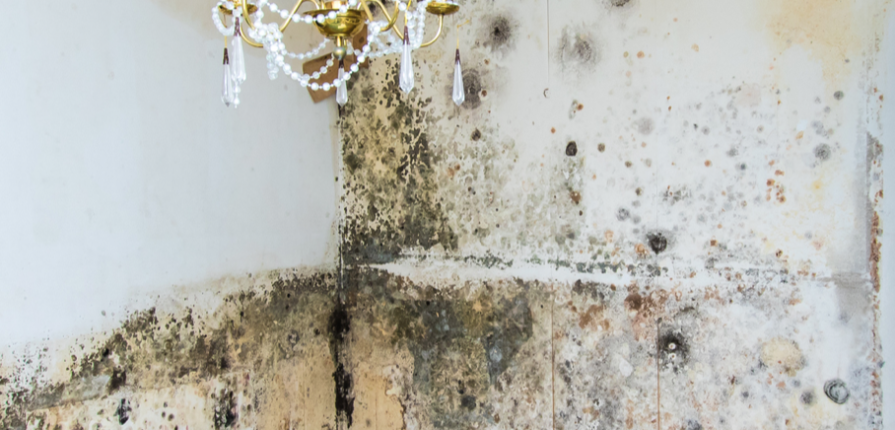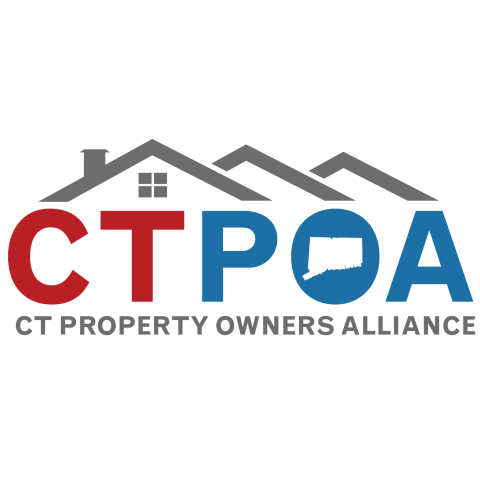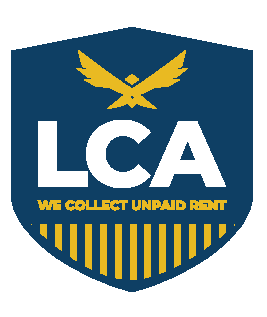Mold can be a serious problem for landlords for several reasons:
- Health Risks: Mold can cause a range of health problems for tenants, including respiratory issues, allergies, and infections. Some people are particularly sensitive to mold, which can exacerbate existing health conditions or cause new ones. This can lead to tenant complaints and even legal action if the landlord is perceived to have failed in their duty to provide a safe and habitable living environment.
- Tenant Complaints: If tenants discover mold in their living space, they may complain to the landlord and demand that it be remediated. This can lead to disputes between tenants and landlords, as well as damage to the landlord’s reputation. If the landlord fails to address the issue promptly, it can make the situation worse and lead to more tenant complaints and legal action.
- Property Damage: Mold can also damage the property itself, leading to costly repairs and renovations. Mold can grow on a variety of surfaces, including walls, ceilings, and floors, and can weaken structures over time. In severe cases, mold growth can make a property uninhabitable until it’s remediated, which can result in lost rental income for the landlord.
- Legal Issues: In some states and jurisdictions, landlords are legally obligated to address mold issues and provide safe living conditions for their tenants. Failure to do so can result in legal action and fines. Landlords can be held liable for any health problems caused by mold, as well as any damage to the property or lost rental income. This can be a significant financial burden for landlords and can damage their reputation in the industry.
Connecticut has laws governing indoor air quality, including regulations related to mold in rental properties. Landlords in Connecticut have a duty to provide habitable premises for their tenants, which includes addressing any mold issues that may arise.
Under Connecticut law, landlords are required to disclose any known mold issues to tenants before they move in. Additionally, landlords are required to remediate any mold issues that arise during the tenancy. The landlord must remediate within a reasonable time frame and using a qualified mold remediation professional, like Terri from ServiceMaster Restore.
Connecticut landlords may also face legal action if they fail to address mold issues in a timely and appropriate manner. Tenants may sue landlords for damages related to mold exposure, including medical expenses and loss of property value. Landlords who are found to have violated Connecticut’s mold laws may be subject to fines and other penalties.
It’s worth noting that laws and regulations can change over time, so landlords in Connecticut should stay up-to-date on any changes to the state’s mold legislation. They can consult with local authorities or legal professionals to ensure they comply with all applicable laws and regulations related to mold and indoor air quality. CTPOA is also well-versed in current legislation and can answer most questions regarding current pending or passed bills affecting landlords.
To avoid these issues, landlords should take proactive steps to prevent mold growth in their properties. This includes maintaining proper ventilation and humidity levels, addressing leaks and moisture issues promptly, and conducting regular inspections. If mold is discovered, landlords should take prompt action to remediate it and prevent it from returning.
We’ve seen too many landlords ignore this growing concern and then face extreme consequences. Educate yourself by watching and/or attending our webinar, MOLD – A Growing Concern For Housing Providers.
